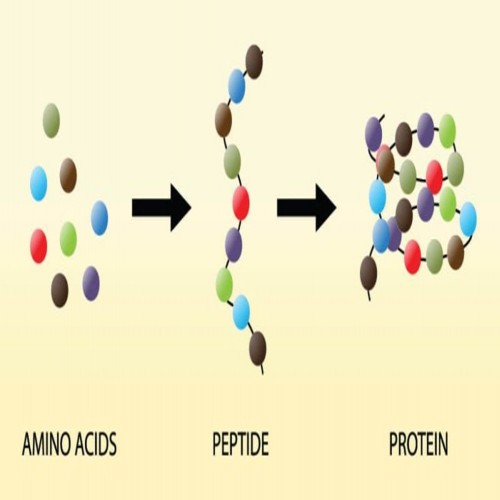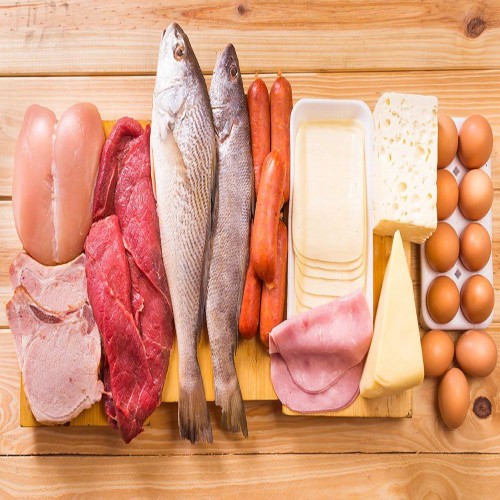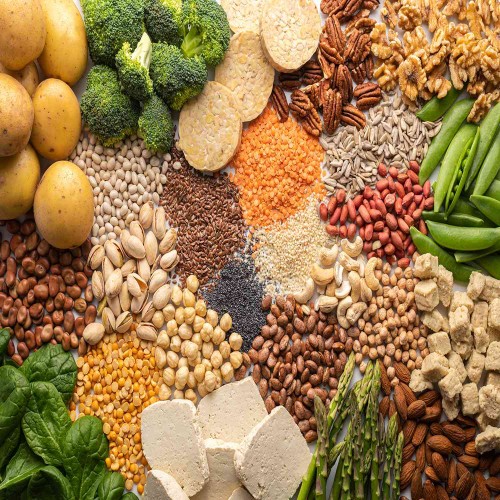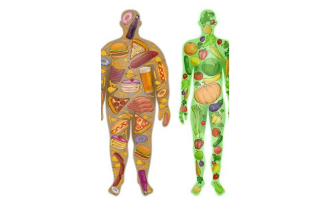Best protein for your health: animal vs plant protein

Protein is one of the important macronutrients in the human body. Animal protein and plant-based protein are both part of dietary protein. Both types have their health benefits and limitations. Nowadays, many people want to choose plant-based protein instead of animal protein for health and environmental reasons. Does it impact health? In this article, I will try to explain in detail.
Why is protein essential?
Protein is the chemical compound of living organisms. It helps in the growth of new tissues, tissue repair, transport & storage of nutrients, acts as a messenger, essential for nutrition, and many more.
Amino acids are organic compounds that serve as the building blocks of protein. Over thousands of proteins are in the body and doing their job individually. Each protein molecule is functionally and structurally different from others due to the mechanism of amino acids.
Role of amino acid:

Amino acids form proteins, hormones, vitamins, and enzymes. Our body needs 20 amino acids for protein synthesis. Nine of them, Essential Amino Acids (EAA), are not synthesized in our body. Therefore, we must include them as an important ingredient for healthy growth and development.
The other eleven amino acids are termed as non-essential amino acids. They are not considered nutritionally essential. The body can synthesize them.
Essential amino acids:
Histidine, Isoleucine, Leucine, Lysine, Methionine, Phenylalanine, Threonine, Tryptophan, Valine.
Non-essential amino acid:
Alanine, Arginine, Aspartic acid, Asparagine, Cystine, Glutamic acid, Glutamine, Glycine, Proline, Serine, Tyrosine.
Animal Protein:

Animal proteins are considered first-class proteins. All essential amino acids you can get in a complete form from animal sources including some other vital nutrients like vitamin B12, D, calcium, omega-3-fat, heme iron, etc. Examples of animal protein are meat, fish, seafood, egg, poultry, milk & milk products, etc.
Benefits:
Animal protein helps to reduce the risk of type II diabetes, helps to regulate blood cholesterol levels, is good for weight management, and helps to reduce the chances of pancreatic, stomach, and prostate cancer.
Limitations:
People who regularly consume high levels of animal protein, especially red meat or highly processed meat, may face adverse health effects. Excess protein may affect your liver, kidney, and bone health. Research has also shown that the high consumption of processed meat is associated with heart disease, obesity, high levels of cholesterol, type-II diabetes, high blood pressure, etc. Therefore, moderate consumption of animal protein is good for health, especially for children, young age groups, and pregnant and lactating women.
Plant-based protein:

These proteins are considered second-class proteins because they do not contain all essential amino acids adequately. If you need to get all essential amino acids from a plant-based diet, you must consume a variety of plant-based protein sources. Examples of plant-based protein are pulses and legumes, millet, vegetables, soy and soy products, nuts, seeds, whole grains, etc.
Benefits:
Plant-based proteins also contain other beneficial nutrients that are good for health. It helps to control blood sugar levels and reduces the risk of cancer. The presence of lower levels of saturated fat in plant-based protein helps to maintain heart health, lowers cholesterol levels, and assists in weight management. The biological value of vegetable protein becomes higher when you take it as a combination like cereals and pulses compared to single cereal products like wheat.
Limitations:
- You cannot get all the essential amino acids in a compact form in any individual food item. Therefore, you need to consider variations in your diet.
- Some plant-based protein foods contain high levels of carbohydrates, which may affect your health.
- Vegan people who do not consume any animal products (including milk) can potentially have a vitamin B12 deficiency.
- Plant-based protein powder is usually more expensive.
The best option for your health:
Both proteins have their health benefits and some limitations. Therefore, it is better to select the one which will help you to meet the protein requirement. A balanced diet is important. Non-vegetarian people may consider avoiding excess consumption of red meat or highly processed meat like sausage, bacon, hot dogs, etc.
Research has shown that plant-based protein consumption is objectively healthier than animal protein. For people who wish to consider a plant-based protein, it is recommended to include variations in your diet. This will help you to fulfill your protein requirement.
For people who have kidney-related issues or high creatine levels, it is recommended that you discuss with a dietitian how much amount of protein you should intake per day and which type of protein you should include in your diet and exclude from your diet.












0 Comments